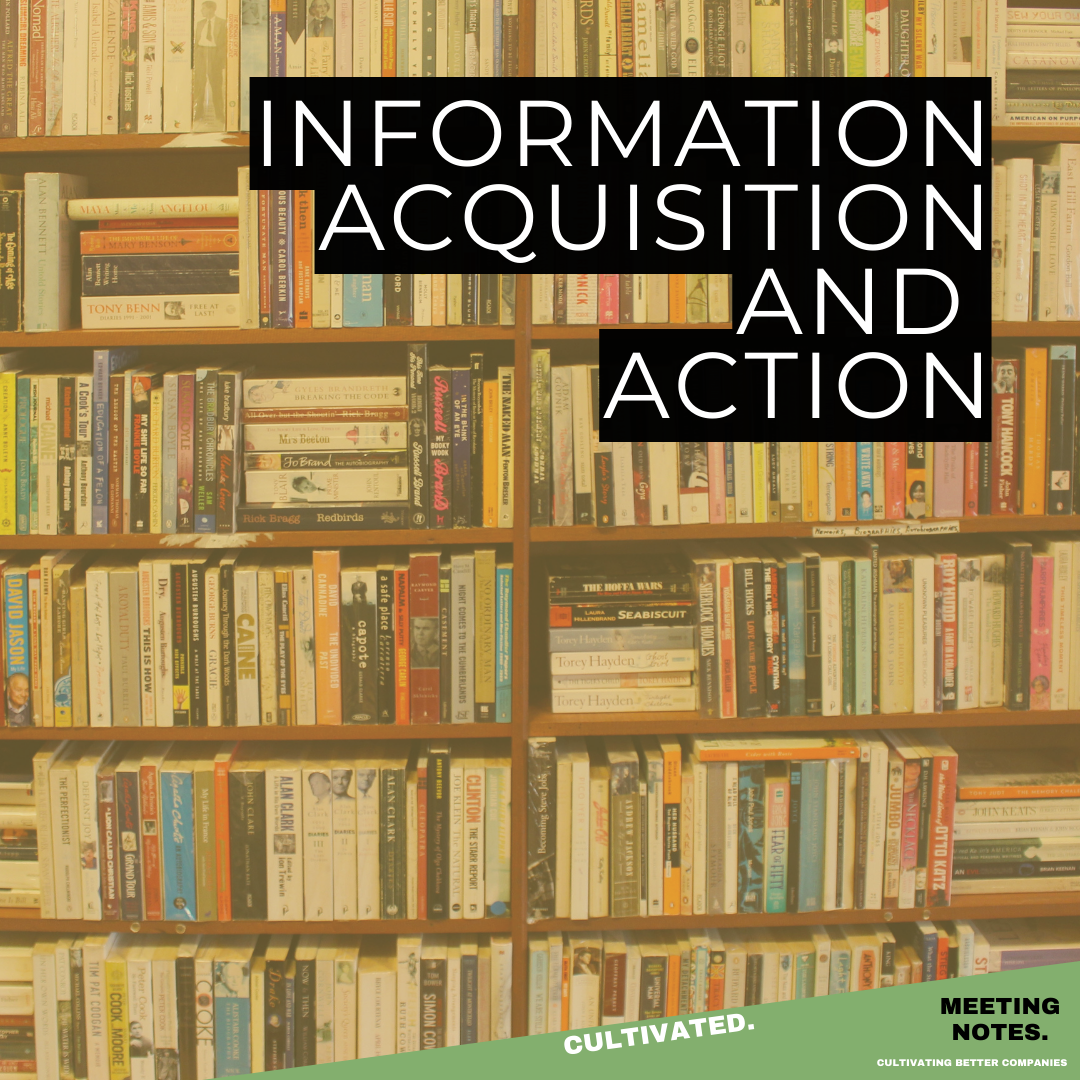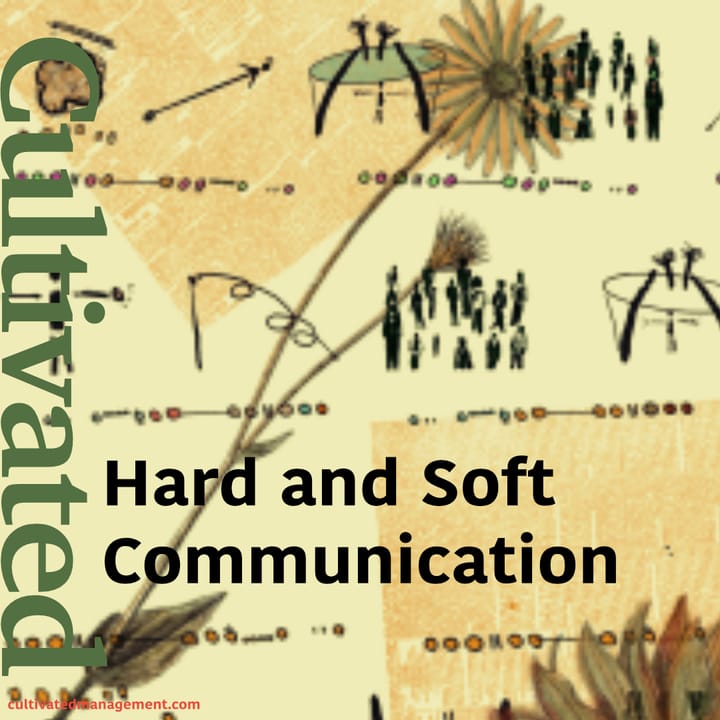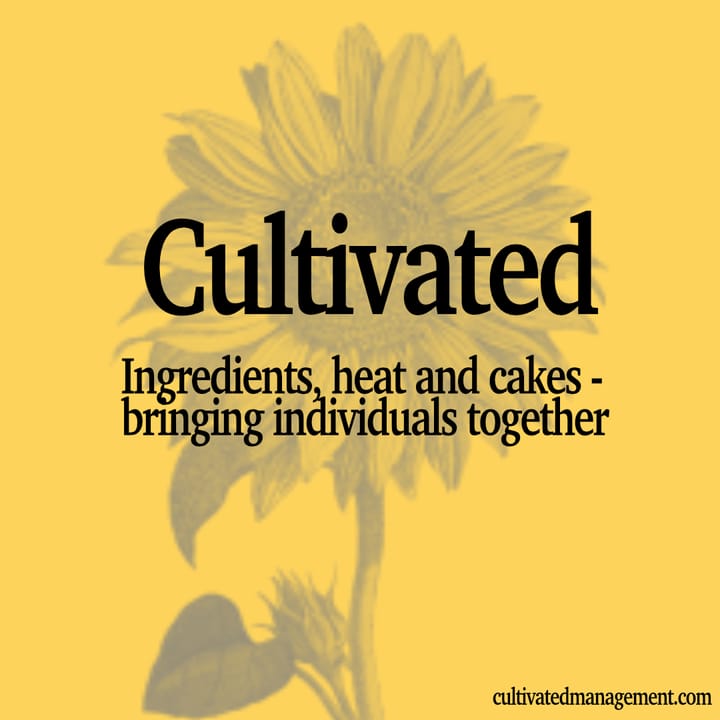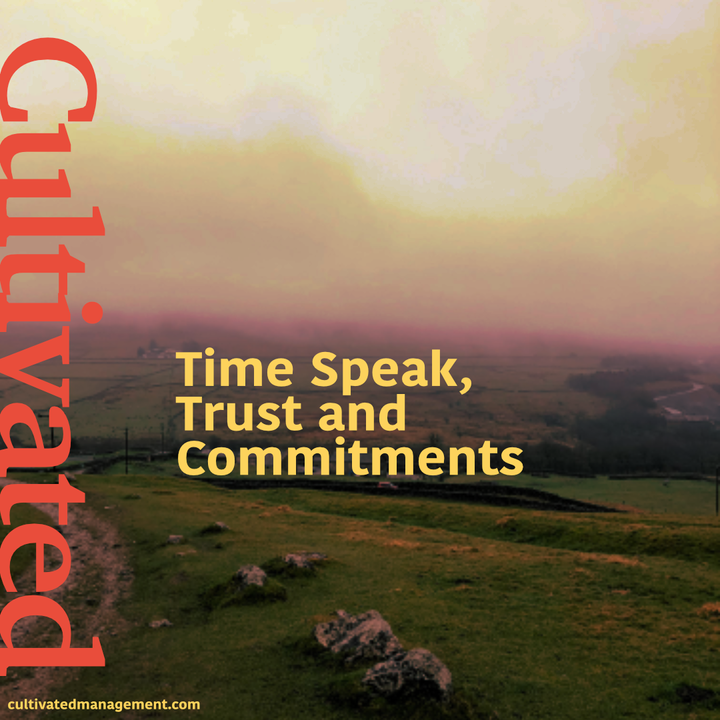Information acquisition and action - Newsletter
If you know how to do something, why are you not doing it? Information acquisition in the workplace.

Hey,
Hope you are all well. In today's Meeting Notes newsletter, I'll be chatting about resistance, information and action, and how many leaders are readers but there is sometimes a gap between information and action. And you may have heard me say before, but knowledge = information + action.
I'll also share a link worthy of energy and attention, as well as some links to fresh new content on my site. Plus a photo from Zurich!
(Please enable images in your email if you want to see them in this post.)
It's been a crazy few weeks. The house is finally, almost done. Work is busy. And my eldest has finished his G.C.S.Es, so plenty going on.
I've also built a brand new productivity system consisting of "shipping forecasts", on different coloured paper depending on the project, and I must say it's been brilliant.
The friction is high with this system but the reward is worth it. I'm getting stuff done, plus there is also reward is in using these sheets of paper. My desk looks like a military campaign - and I'm in charge. I even bought a stamp 😄

It's what I needed - I have been all over the place the last 6 months, but at least for now, I feel like I have some semblance of control.
Resistance, information and action
In my line of consulting and coaching work, I work with a lot of VPs and above - and trust me, they are not an easy group of people to work with.
They are often set in their ways, they are resistant to help, under a lot of pressure, dealing with competing demand, low on available energy and they often know how to do everything.......
I get a lot of resistance; epic, unwarranted, sometimes angry, resistance. Their boss thinks they need help, that's why I turn up, but the first few weeks are tricky to say the least.
But here's the thing - I understand why resistance is high. It's hard accepting you may not have all of the answers. However, there's always a way through it.
I start by breaking down whether they really do know how to solve the problems they face. And most of the time they, like us, don't really know it all.
If they really do know how to do something, or overcome a problem, or release business agility, or work in a different way, or communicate better with their teams, etc - then why are they not doing it?
Why is the action they are taking, or the behaviours they are displaying, not congruent with this knowledge they often claim to have?
Why, if they really do know how to do "everything", is everything not being done?
I typically hear back excuses and blame when I ask why they've not put their information into action. It's someone else's fault (maybe). It's the system (likely). They're too busy to put the knowledge into action (an excuse).
The good news is - many of these leaders have indeed "read" how to do the things they want or need to do. Or they've listened to a podcast, like mine! Or they've studied it somewhere. They have the information. Leaders are indeed readers.
Yet the information they have is not being put into action.
I had one leader tell me how he knew everything there was to know about business agility - yet it wasn't happening, far from it. He'd read every book there was and could talk about the topic - but it wasn't happening.
I had one leader tell me that they knew how to speak to everyone in their team in the most appropriate way - she'd read a good book on how to do it. Yet her team barely saw her, and when she did speak to them, she alienated and upset them.
We all have bad days, but when patterns form around behaviours, there's something for me to work with.
With leaders and managers who "are experts" or "know everything" and who talk the talk, it's often the classic case of information acquisition learning only. As in, they have the information and can wax lyrical about it, but they haven't yet learned how to put it into action (which is the hard part).
Information acquisition without the implementation is, in my humble opinion, becoming much more commonplace now we have the myriad of resources on the web. We can read and learn about anything - at any time. We can find digestible learning courses and videos everywhere. Heck, we even have companies summarise entire books so we can digest them in 10 minutes (don't get me started on that one).
We can therefore walk around spouting things we've acquired through information - and sound competent and knowledgeable. Instagram is a wonderful source of life coaches (who are so young that their life is only really getting started), leadership coaches who've never led a team and a whole host of other "experts" who know how to recycle information. That's not what we do here at Cultivated.
But putting this information into practice (task acquisition) is how we do the actual learning. And in many workplaces I see a myriad of training courses and certifications but not a lot of putting this information into action. Capability remains low even though everyone spends a day a week training.
So, when I get resistance, I handle it calmly - and dig deeper into why, if this leader knows how to do everything, they are not doing it. 9 times out of 10 it's because they've only done one half of the learning - information acquisition.
It opens doors when they realise I can help them with the other part. It opens doors when they have a realisation that they maybe don't really know how to do it after all - they just know the theory. And it's always interesting when people realise that what I am helping them with are indeed things I have actually done before.
And of course, in the consulting world, there are plenty of consultants who have only done the information acquisition - and can talk a good game. So it pays, if you're thinking about consulting - to make sure you can actually do what you're consulting on 😄
Of course, sometimes there are system constraints, incompetence, lack of alignment, poor communication and whole host of others things - but remember, all of these are within the gift of leaders to change - they maybe don't always realise that.
Resistance, in my work, typically comes from the realisation from leaders that they don't actually know all of the answers, and the ego kicks in.
They fall back to their information acquisition to show how well informed and knowledgeable they are, and say they don't need help. It happens all the time. The big words come out, the theory is said with confidence and recited words from books are pretty easy to spot as I also read plenty of books.
It's a natural reaction in many workplaces, when it may be discovered you don't know what you're doing. "I've got it all under control and it's just someone else's fault".
But still, I come back to "If you know how to do XYZ, why is it not being done?"
It takes a brave, self aware individual to put their hand up and say they don't know what they're doing - and this gets much harder as you become a leader in an organisation.
But the best leaders are indeed the ones who know what they can and cannot do. It's a joy to work with leaders who know you can only go so far via information acquisition, and that maybe they don't really know what they are doing all of the time.
It's brilliant to find people who know they need help. It just doesn't happen very often.
We all need help. We cannot possible do everything. But when we are learning, it's crucial to remember that information will only go so far. The rest of the learning cycle is done by putting into action that which you are learning.
Becoming a walking talking vessel of information is not the goal. The goal with learning is to change your behaviours, achieve more, become capable in new skills, overcome problems and to grow.
Information acquisition alone does not mean you know how to do something.
When I find myself resisting support or help, I have to take a step away and reflect.
- Is it my ego talking?
- Is it because I've merely done information acquisition alone, and I therefore don't really know what I'm doing?
- Is it an unwarranted and forced for offer of help? (I have a rule to never inflict help).
- Or do I really need help?
It's hard to do this - and even harder at a leadership level where we are encouraged to never show weakness. But it's essential if we want the business to get better and to overcome problems.
I worked with one leader who told his team that they would be fired if they "did not ask for help" when they needed it, and the business suffered because of this.
A bit harsh, but it drove the right behaviours.
The team put their hands up often - and others helped, and they sought support - and they grew. They brought in coaches. And they learned through doing the work, supported by people who already knew how to do it.
This is task acquisition in action, and I for one, wish more leaders knew how to let their ego go, and raise their hand for help when they need it. I wish more people would acknowledge that they understand the theory but maybe don't quite know how to implement it.
If we claim to know how to do something, it makes sense to check that we're actually doing it or have done it. Otherwise, how do we really know we can do it? And this is the journey I take leaders on - uncovering the disconnects between the information they have, and the action they are taking.
And it's joyful, because when I break past the resistance and they realise they need my help, we overcome the problems, everyone learns how to do the work and we all grow.
And that right there is how you grow the capability in a business - by doing on-the-job learning. The perfect combination of information and task acquisition. Reading, acquiring information and then putting that theory into action, and being supported by people who actually know how to do it.
On the site this week:
Learning notes
I have a new series on the site - albeit a little sporadic in delivery. They are the actual learning notes I create during the information acquisition period of learning.

When I consume information I create a simple A3 page summarising the key points, drawing connections to other source, and weaving in examples from work and life.
They are my personal notes, but I thought they may be helpful for readers of Cultivated.
Here's one from Ethan Hawke's "Rules for a knight" and another about Nash's use of leisure time (this is next week's podcast episode also).
HAIWPW Podcast
I have also published a couple of podcasts.
One is about the 8 types of intelligence - long time readers may have heard some of this before via my old newsletter format.
I also recorded some sounds from Zurich and a podcast about value.
Zurich is ace. Here's a photo from the conference trip I did.

I have also reduced the price of the Take A Day Off Zine and included free shipping in the UK only. I still ship world wide.
Here's a link I believe is worth your energy and attention
Simon Sinek's website with advice on how to make Monday's better. I for one struggle with Monday's greatly, but have started writing this newsletter before work. It's helping.
Some useful snippets of advice if you struggle with Monday mornings.
Until next time.
Rob..



